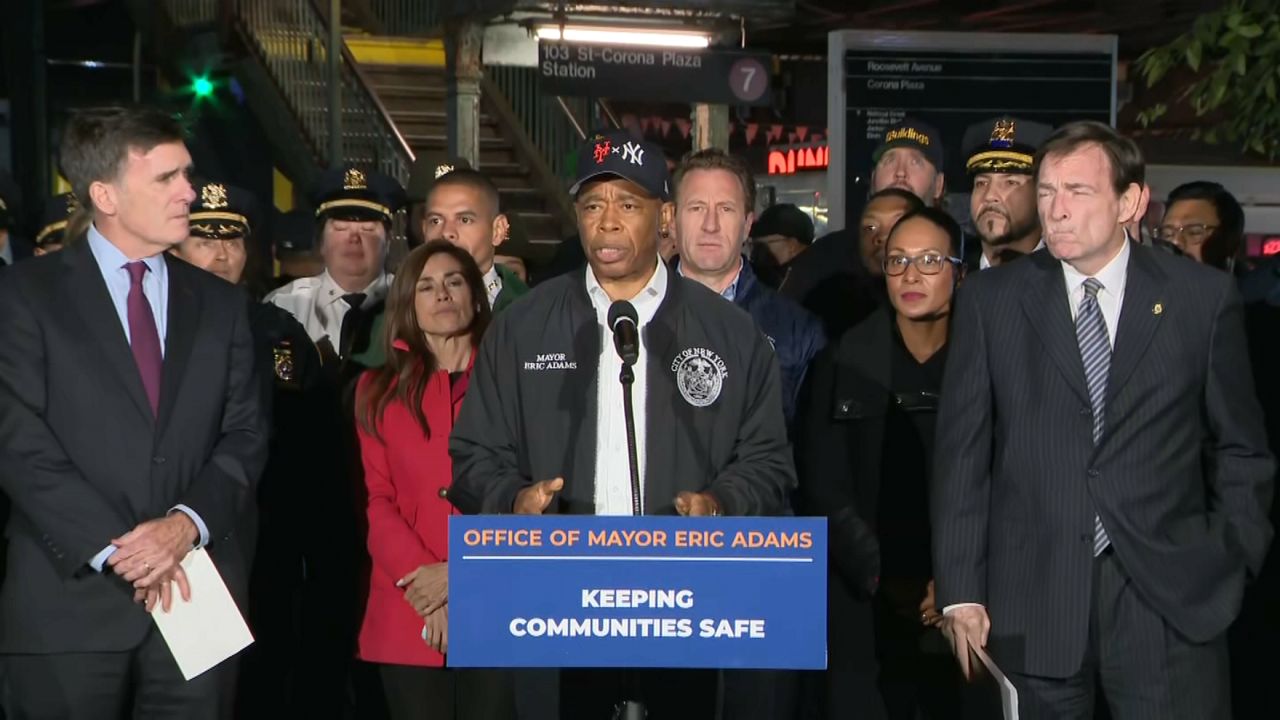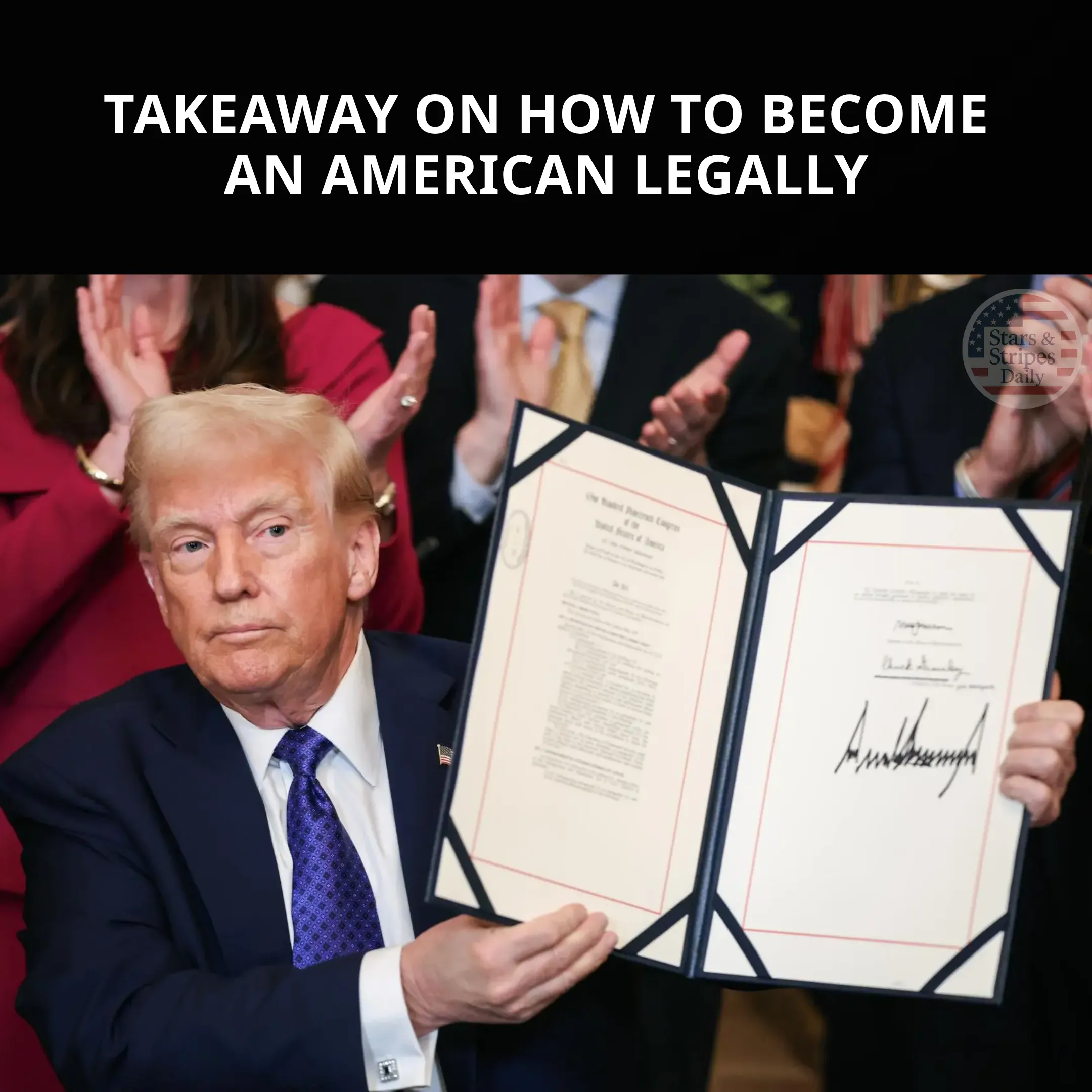In New York City’s Queens borough, tensions are rising as community leaders and local residents continue to press federal authorities to take stronger action against the ongoing scourge of brothels, gang activity, and human trafficking.
At the center of this issue is Roosevelt Avenue, a stretch of roadway that has long been notorious for crime, prostitution, and drug activity.
The situation has now escalated into a political and community flashpoint, drawing criticism toward Representative Alexandria Ocasio-Cortez, who represents the district, as frustrated residents demand more accountability and decisive action.
In recent weeks, the Restore Roosevelt Avenue Coalition, a grassroots group dedicated to improving quality of life in the neighborhood, has once again reached out to FBI Director Kash Patel.
The group has urged the agency to launch a full-scale crackdown on what they call a “festering scourge” of organized crime networks operating in the community.
These networks, they allege, are not only forcing women into prostitution but are also fueling gang violence, distributing drugs, and engaging in fraudulent activities such as the distribution of fake green cards.
The coalition’s concerns are not new. Back in April, they sent a letter to the FBI requesting intervention. That request appeared to produce results: federal authorities—including the FBI, DEA, and other agencies—arrested eight alleged members of the notorious 18th Street gang.
The arrests gave the community hope that change was coming, but coalition members now say the situation is worse than ever. They argue that new gang members have quickly filled the void, maintaining control of the strip and continuing to exploit vulnerable women.
The anger in the community is palpable. Residents describe scenes of women openly soliciting sex on the sidewalks, men rushing into nearby brothels, and gang enforcers intimidating anyone who questions their presence.
At rallies, protesters have hung signs reading “Shut it down” on the doors of suspected brothels, including one disguised as a massage parlor and another tucked beside a bodega.
Rosa Sanchez, spokesperson for the coalition, voiced the community’s outrage during a rally last week. “The rampant prostitution that we see on our streets 24 hours a day, seven days a week, is having an adverse effect on the mental and spiritual health of our children and families,” she said.
“There is no reason that our children should have to bear witness to the human tragedy of women being forced to sell their bodies for the profits of traffickers and pimps. It is happening in front of our homes. It must stop.”
Residents are concerned not only about crime but also about the corrosive effect it is having on the neighborhood’s reputation and future. Families worry about their children being exposed to dangerous activity, while business owners fear the impact on commerce and safety.
The frustration has been amplified by what many see as an inadequate response from local and federal officials.
Representative Alexandria Ocasio-Cortez has faced mounting criticism over the issue, with some accusing her of not doing enough to address the crisis in her district.
A spokesperson for her office stated that she has requested more than half a million dollars in federal funds to support nonprofits that provide violence interruption programs and assistance for victims of sex trafficking.

However, critics argue that these efforts fall short of the immediate action needed to dismantle entrenched criminal networks operating openly in the neighborhood.
Representative Grace Meng has also stepped into the debate, emphasizing her ongoing dialogue with both law enforcement and residents about the crisis.
She has pledged to forward the coalition’s letter to the FBI and said she has formally requested federal funds to support initiatives specifically outlined by the NYPD. These initiatives, she explained, would give local police more tools to fight crime in the Roosevelt Avenue corridor.
Despite these assurances, skepticism remains high. Many residents feel they have been living with broken promises for years, with little progress made toward reclaiming their neighborhood from gangs and traffickers.
Authorities and community groups agree that organized gangs play a central role in perpetuating the crisis. The 18th Street gang, along with Tren de Aragua and Chinese organized crime groups, are said to control much of the illegal activity on Roosevelt Avenue.
Their operations reportedly extend beyond prostitution and drug trafficking to include violence, extortion, and fraudulent immigration schemes.
Residents and activists argue that only a large-scale federal crackdown using racketeering and trafficking statutes will have any lasting impact. They believe that small arrests or temporary enforcement surges are insufficient, as gang networks quickly regroup and reassert control.
This sentiment has fueled calls for comprehensive federal involvement, similar to operations that have dismantled organized crime groups in other major cities.
Community members are growing increasingly restless, staging more frequent protests and rallies to draw attention to the crisis. Their message is clear: the time for half-measures is over.
The coalition’s latest letter to the FBI underscores the urgency of the situation, warning that without stronger federal intervention, the cycle of exploitation, violence, and corruption will only continue.
Local leaders are also echoing the demand for a more aggressive response. They argue that while community support programs and nonprofit initiatives are valuable, they cannot replace the need for robust law enforcement to root out entrenched criminal operations.
The persistence of prostitution and gang activity along Roosevelt Avenue, despite multiple NYPD crackdowns, demonstrates the scale and complexity of the challenge.
The outcome of this mounting pressure campaign remains uncertain. While recent arrests demonstrated that federal agencies are aware of the problem, the persistence of illegal activity in the area highlights the limitations of piecemeal enforcement.
For residents and community activists, the hope is that the growing public outcry will finally spur a coordinated, sustained effort to dismantle the networks responsible for exploiting vulnerable women and destabilizing the neighborhood.
As the situation develops, the political ramifications are likely to grow. For Rep. Ocasio-Cortez, the scandal surrounding the ongoing crisis in her district could pose a serious challenge to her credibility as a leader who promises to fight for her constituents.
How she and other officials respond in the coming months may determine not only the fate of Roosevelt Avenue but also the political fortunes of those charged with representing it.

What is clear is that the people of Queens are no longer willing to accept the status quo. They are demanding accountability, transparency, and above all, action.
Whether federal authorities heed their calls will determine whether Roosevelt Avenue can finally shed its reputation as a red-light district and reclaim its place as a safe, vibrant community.






